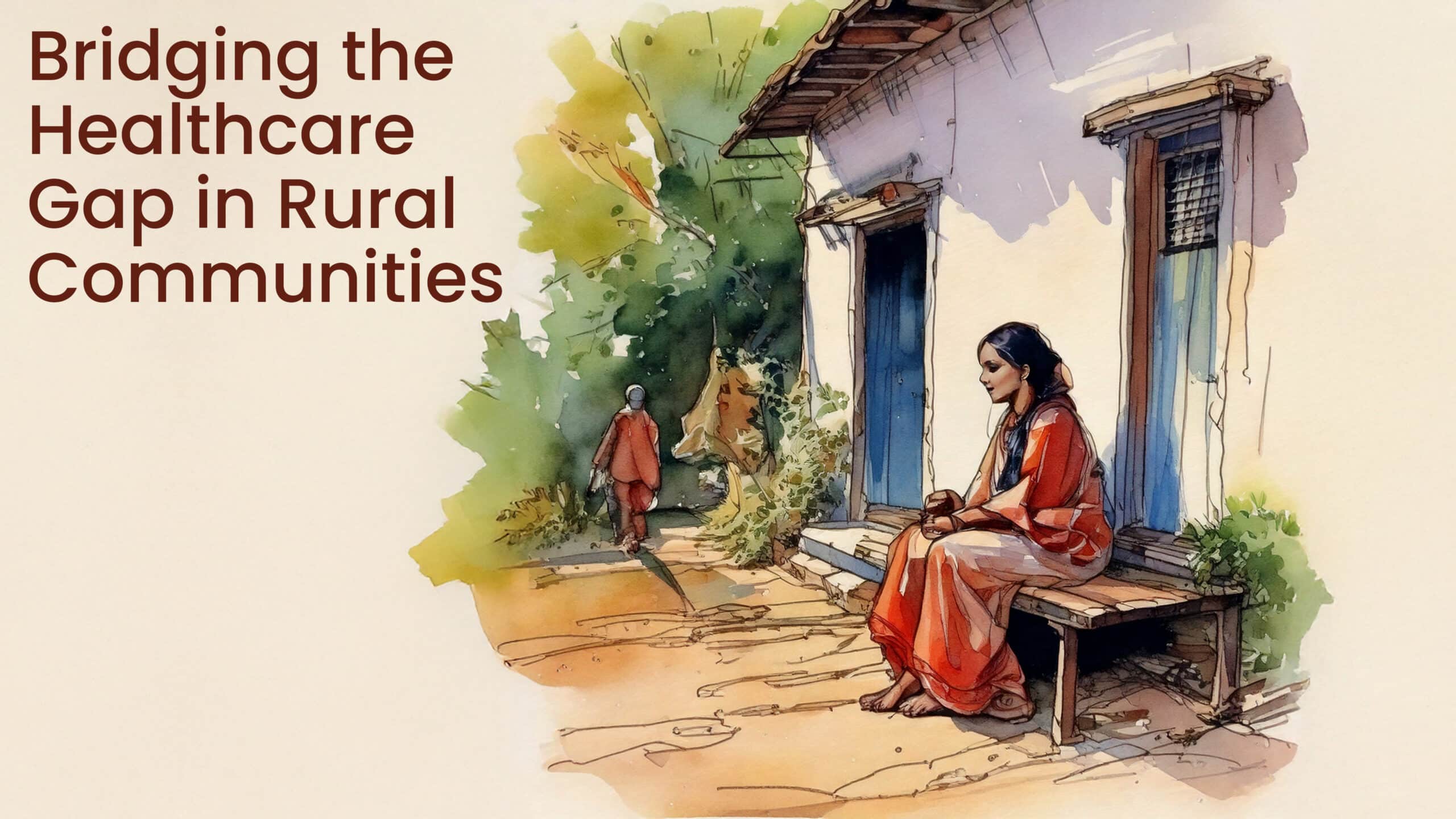
21 Mar Bridging the Healthcare Gap in Rural Communities
Background
Babita Sharma has been serving as an Anganwadi worker in Jhanda Colony, Asola, a rural area where access to healthcare services remains limited. Her role primarily involves providing nutritional support, health education, and childcare services. However, she has often observed that women in her community lack awareness about serious health issues, particularly cancer prevention. 
Life Changing Initiative
When Babita heard that CAPED NGO had set up a Cancer Awareness & Screening Camp near her Anganwadi center, she was immediately interested. The camp aimed to educate and screen individuals for oral, breast, and cervical cancer—three of the most common cancers affecting women. As community members gathered, she saw how the CAPED team patiently explained the importance of early detection, addressing fears and misconceptions surrounding cancer screening. The free screening services encouraged hesitant individuals to step forward.
 Impact of Screening Camp
Impact of Screening Camp
- Increased Awareness: Many women, who had never considered getting screened, attended the camp and learned about the importance of regular check-ups.
- Early Detection: Some individuals with potential health concerns were identified, and CAPED assured them of free medical follow-ups.
- Community Engagement: Babita witnessed a shift in mindset—women who were previously unaware of preventive screenings were now motivated to prioritize their health.
“Jinhone kabhi socha bhi nahi tha ki apni screening karani chahiye, aaj woh khud aake jaanch kara rahe hain. Ye bahut badi baat hai” Babita shared.
 A call for Continued Support
A call for Continued Support
Babita strongly believes that such initiatives should be conducted more frequently, especially in rural areas where medical facilities are scarce. She emphasized that public health interventions like these can save lives by detecting diseases at an early stage.
“Agar aage bhi aise camp hote rahein toh hamari public ke liye bohot suvidha hogi. Swasth rehna sabka adhikaar hai, aur CAPED jaise NGOs ise sacchayi bana rahe hain.”
Conclusion
Babita’s experience highlights the significant impact of community-based cancer screening programs. The camp not only provided crucial health screenings but also empowered women with knowledge about their well-being.
Her message to others is simple yet powerful:
“Aapko moka mile toh zaroor apni jaanch karwaiye. Yeh sirf ek test nahi, ek savdhani hai jo aapko aur aapke parivaar ko surakshit rakh sakti hai.”
By continuing to advocate for such initiatives, Babita hopes to see more women take charge of their health, ensuring a healthier future for their families and communities.


